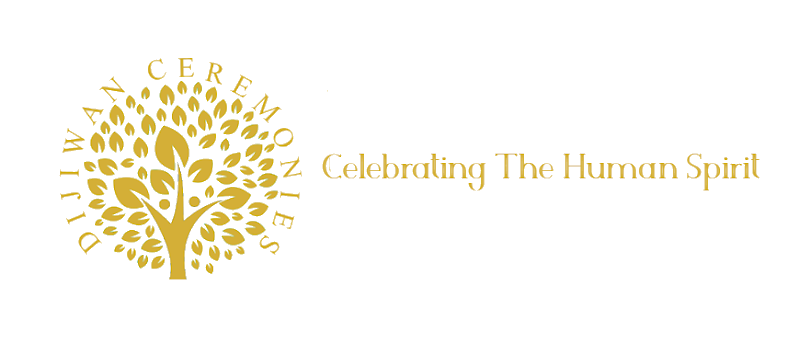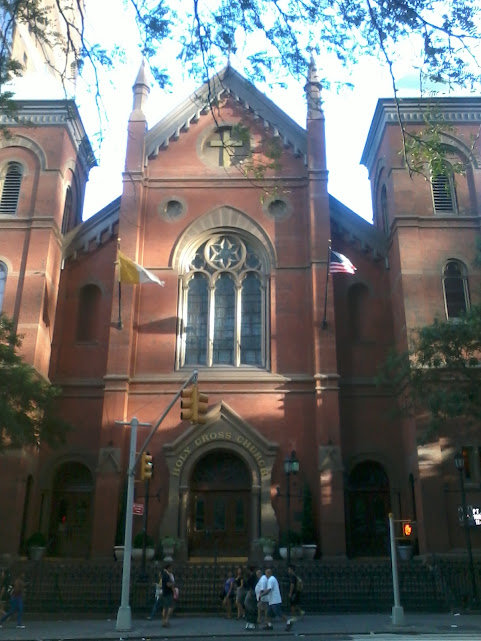Exploring Spirituality Outside of Traditional Institutions
As sociologists Isabella Kasselstrand, Phil Zuckerman, and Ryan Cragun argue in their forthcoming book, "Beyond Doubt: The Secularization of Society," the decline of religious observance is emblematic of a change in the built environment of St. Louis and other cities, where thousands of churches are repurposed as other facilities or demolished. While this may seem like a loss of traditional religious spaces, it also opens up new opportunities for people to explore their beliefs and spirituality outside of traditional religious institutions.
It is important to note that while the frequency of churchgoing or temple membership is declining, Pew Research found in 2018 that Americans are still more likely to believe in God or some kind of higher power and more likely to pray daily than their peers in Western Europe. Furthermore, while the number of atheists in America has grown, only 19 percent of respondents in a recent survey said religion was not important to them at all. This indicates that people still find value in spirituality and exploring their beliefs, even if they do not adhere to traditional religious practices.
The rise of what pollsters sometimes call “nones” — people who say they have no religion in particular — does not necessarily mean a decline in the meaning of religion to people. Polling questions don’t always capture the whole picture of American religious observance, and people may retain certain trappings of religious observance, such as belief in a higher power or performing certain rituals, even if they do not adhere to a particular religion. As Zuckerman notes, "We are in the midst of a paradigm shift in the role that religion plays in people's lives."
Everyone has the right to explore their beliefs and mark important life events in a way that is meaningful to them, whether that means adhering to traditional religious practices or exploring spirituality outside of organized religion. The repurposing of churches as non-religious facilities is emblematic of the changing role that religion plays in people's lives, and it opens up new opportunities for people to explore their beliefs and spirituality in innovative and meaningful ways. While the decline of traditional religious institutions may be a cause for concern for some, it also presents an opportunity for people to chart their own spiritual paths and create new forms of community and connection outside of traditional religious structures.

